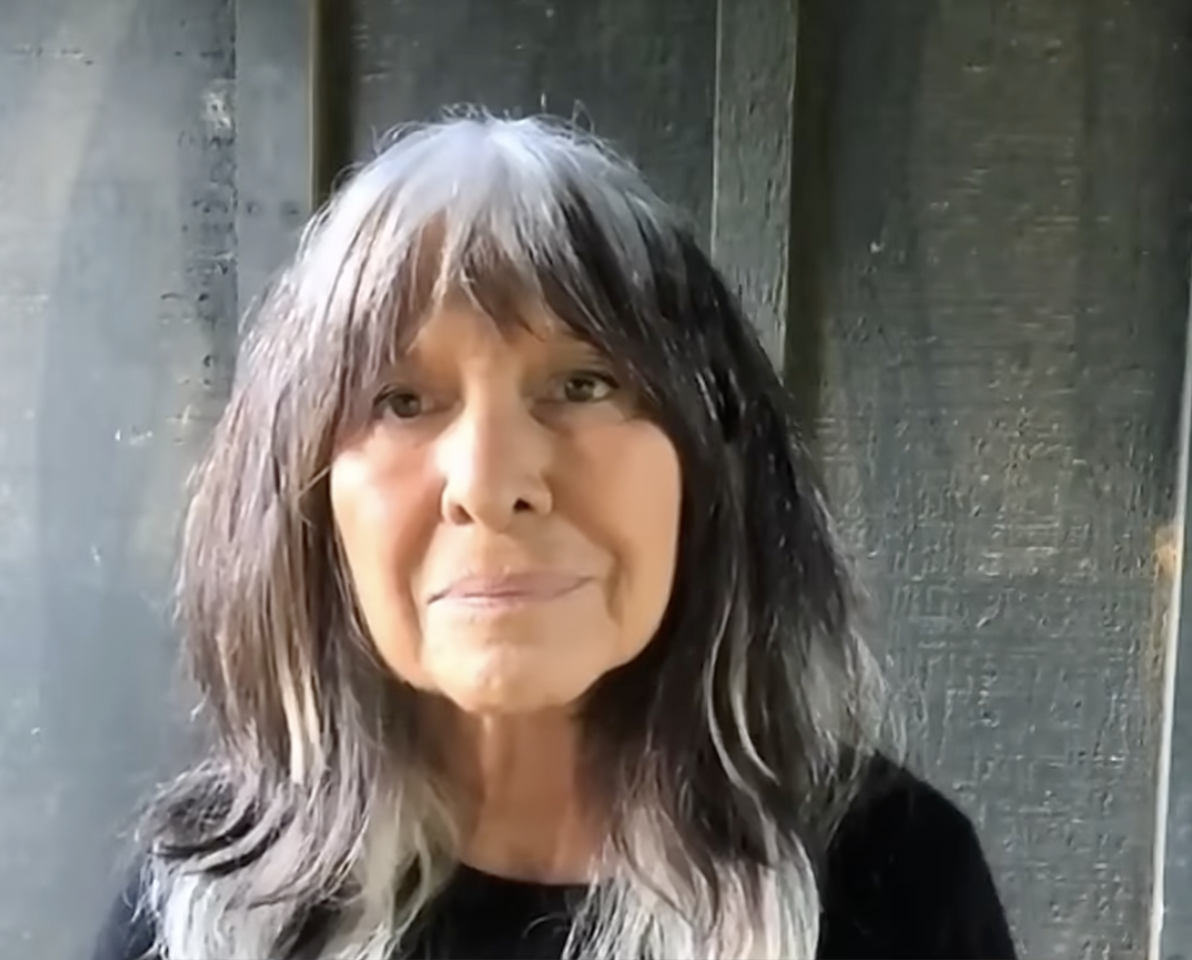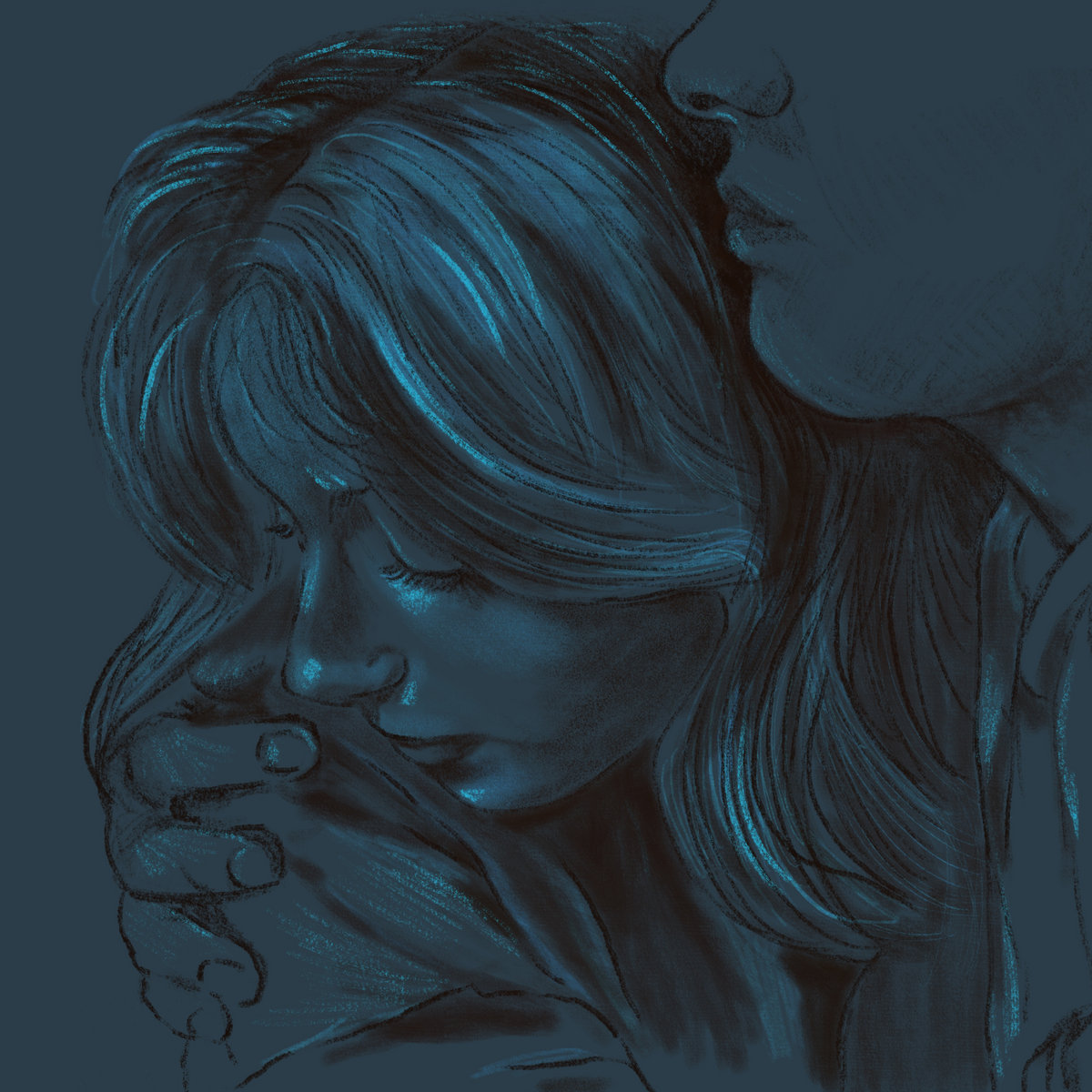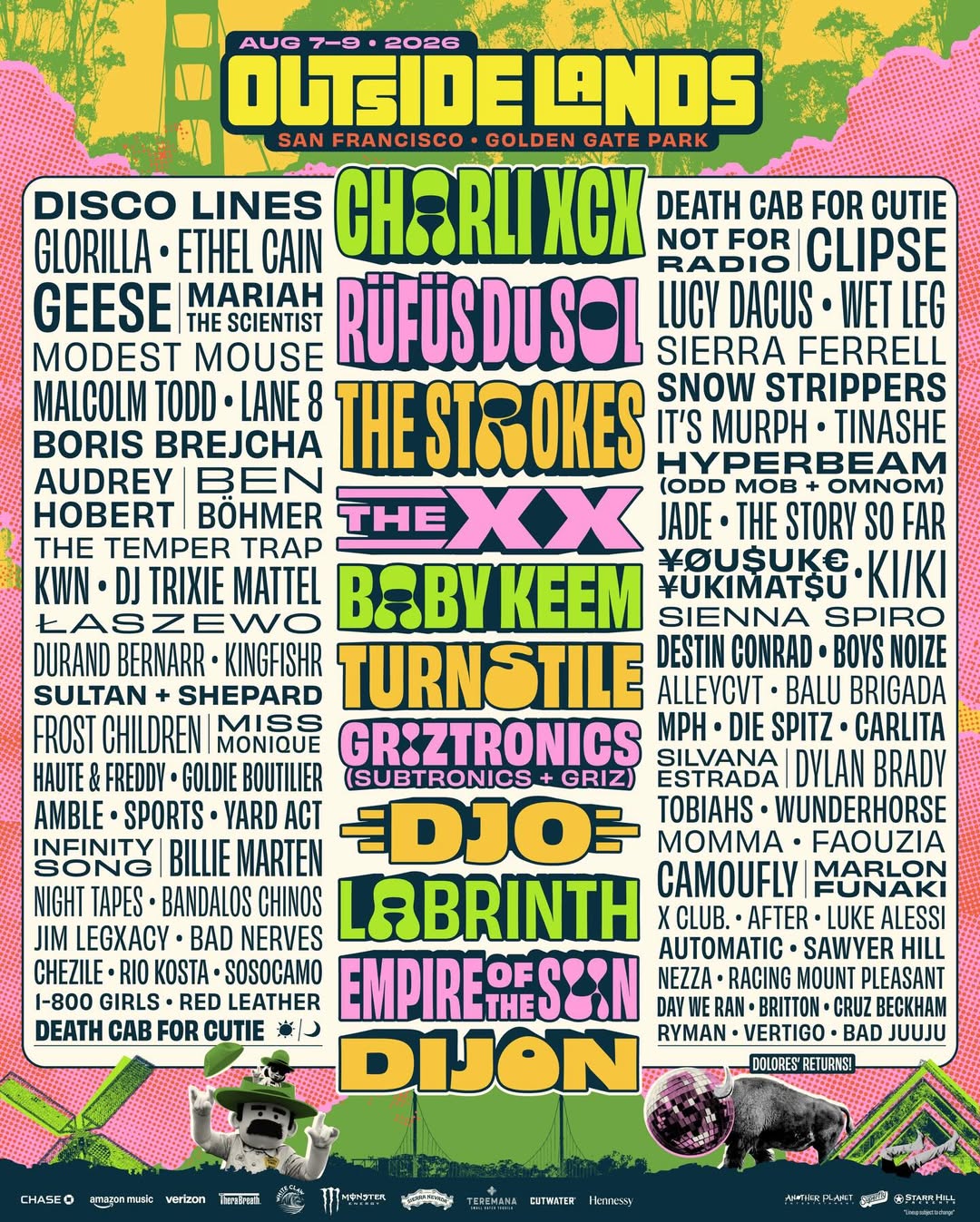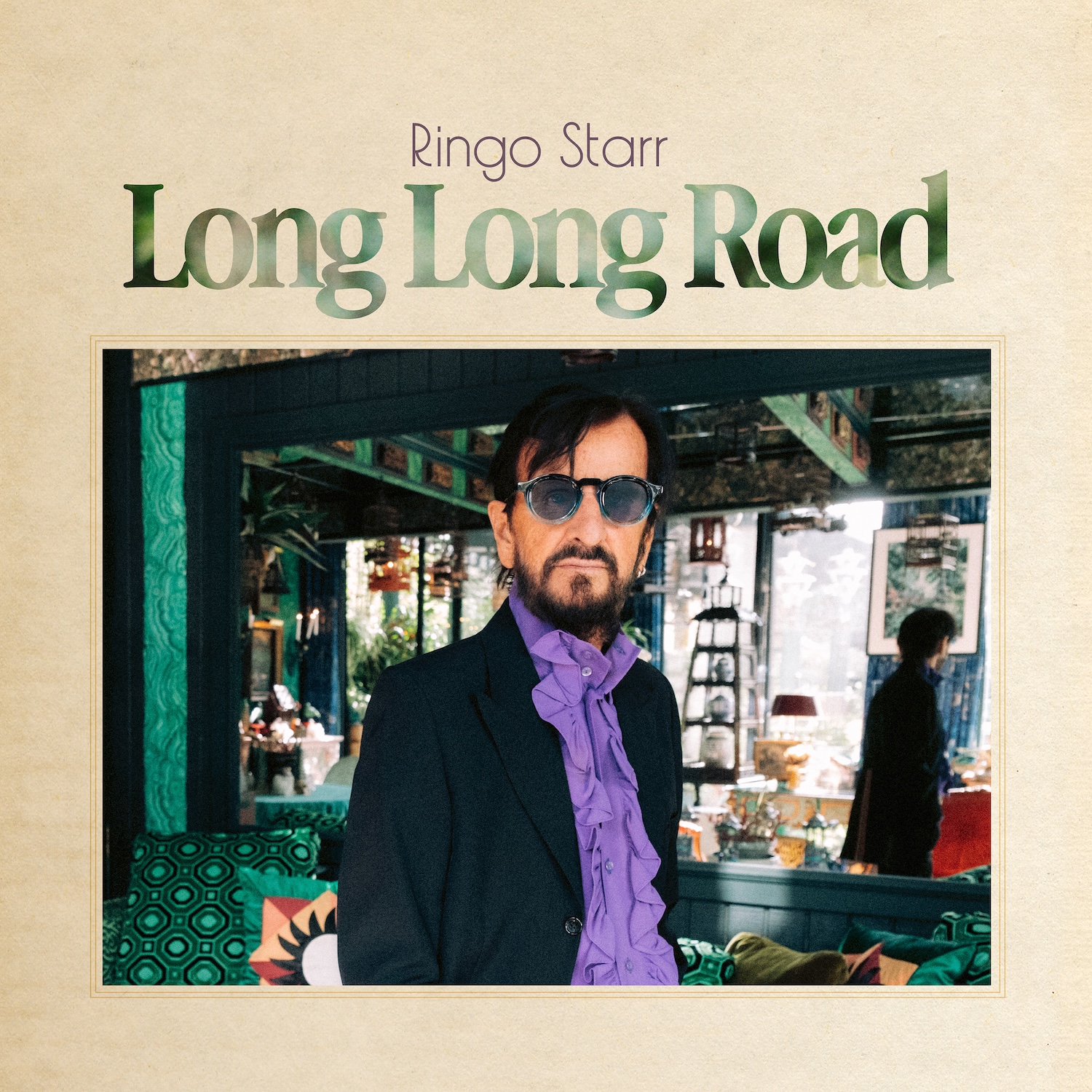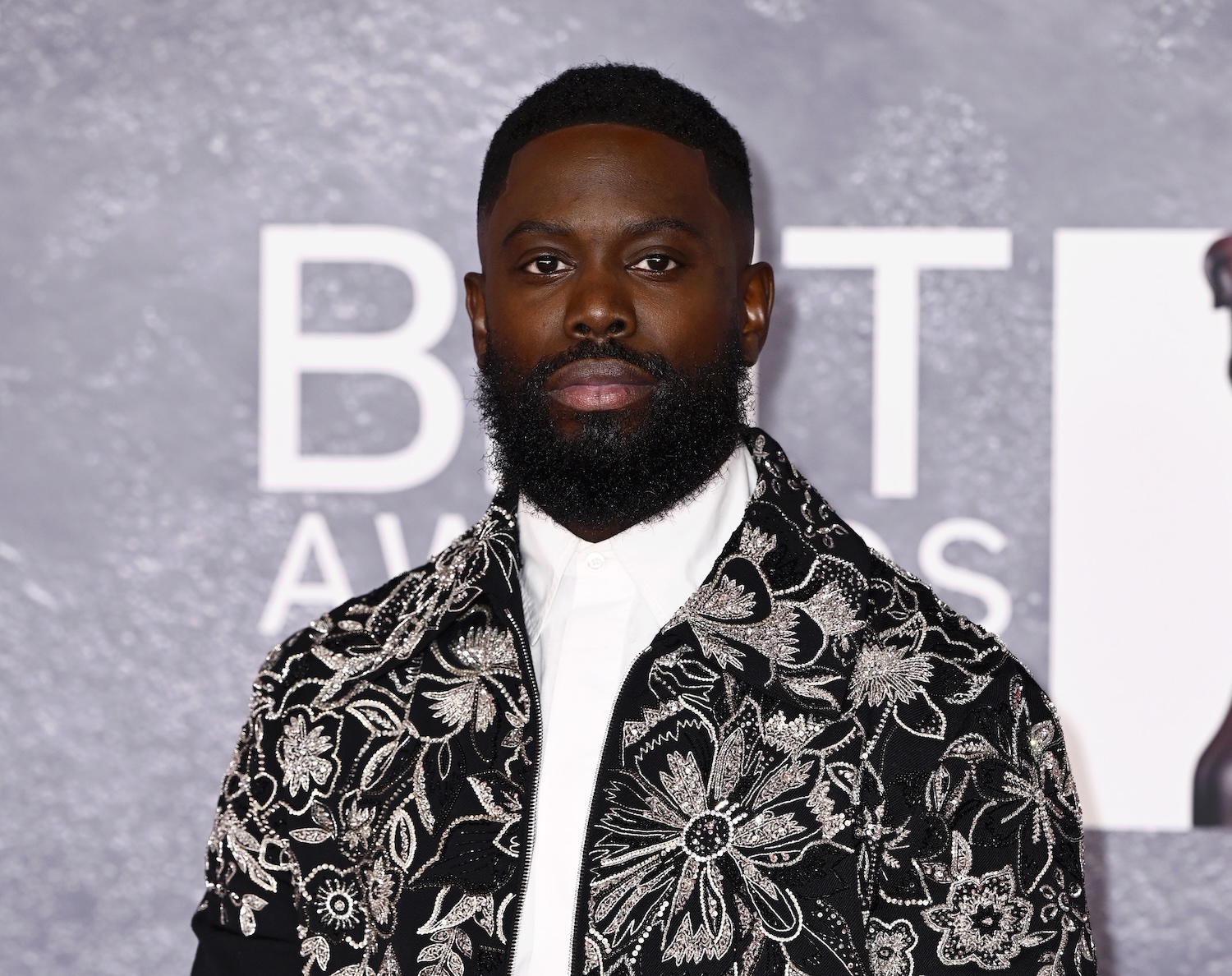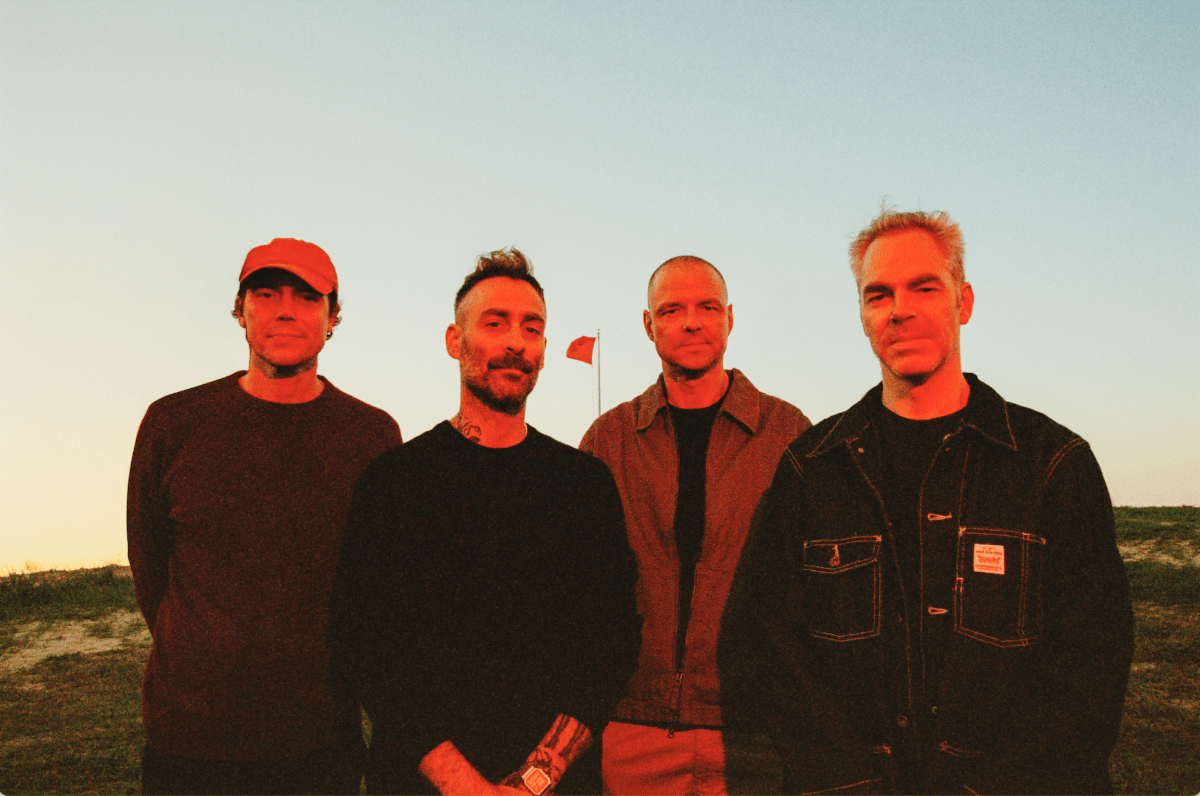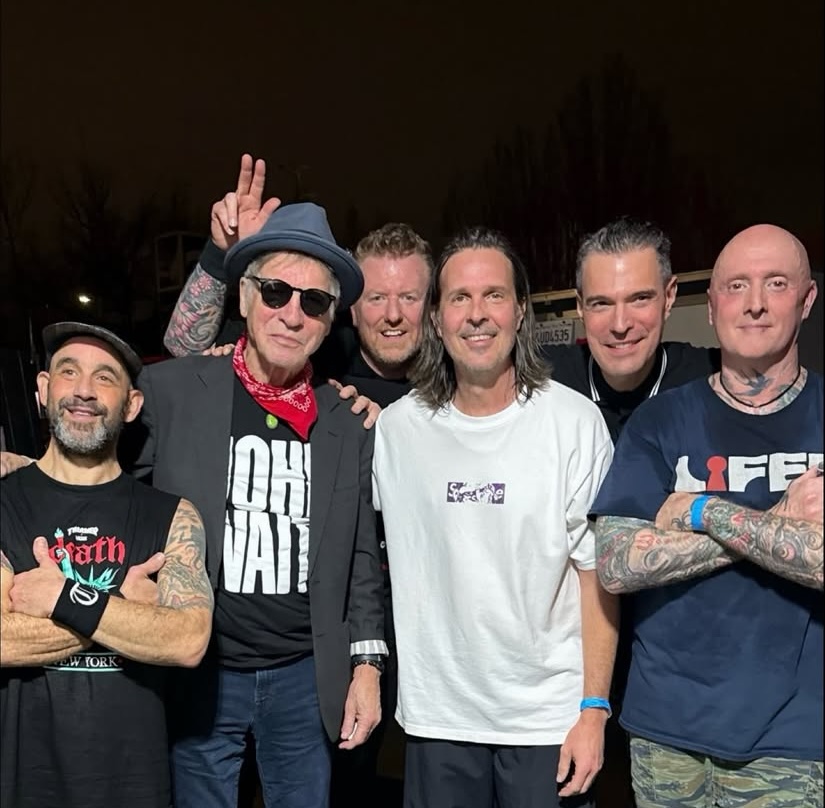The Indigenous folk singer and activist Buffy Sainte-Marie is an important figure of Canadian music, and her accolades include a 1982 Oscar (for co-writing "Up Where We Belong") and the 2015 Polaris Music Prize (for her album Power In The Blood). Over the summer Sainte-Marie announced she was retiring from live performances for health reasons. Now the 82-year-old musician’s Native identity is being called into question by the Canadian Broadcasting Corporation’s documentary series The Fifth Estate.
The newsmagazine episode’s description reads, “An icon’s claims to Indigenous ancestry are being called into question by family members and an investigation that included genealogical documentation, historical research and personal accounts.” In the report, Heidi St. Marie (Buffy Sainte-Marie’s brother Alan's daughter) says, "She wasn’t born in Canada.… She’s clearly born in the United States. She’s clearly not Indigenous or Native American." Heidi and Sainte-Marie’s sister Lainey maintain that no one in the family aside from Buffy (whose birth name was Beverly) ever talked about being her being adopted, a claim the singer began making in her 20s. At the time, an uncle even told a local paper that Buffy Sainte-Marie's origin story was made up.
The Fifth Estate located a birth certificate that says Sainte-Marie was born Beverly Jean Santamaria in Stoneham, MA in 1941 to Albert and Winifred Santamaria; the documents lists parents and baby as white, and it was signed by the same doctor who delivered Sainte-Marie’s sister. Sainte-Marie’s lawyer told CBC that, at the time, children adopted in Massachusetts "were commonly issued new Massachusetts birth certificates with the name of their adoptive parents.” Town Clerk Maria Sagarino responded that if Sainte-Marie had been adopted from Saskatchewan as claimed, the town's file would contain adoption records and proof she entered the US. In recent years, Buffy Sainte-Marie has said she was forcibly taken from her Cree birth parents during the Sixties Scoop, but CBC points out this era began a decade after she was born. Earlier press reports referred to Sainte-Marie as Algonquin or Micmac.
In advance of the show's premiere tomorrow Oct. 27, Sainte-Marie has shared a statement on X. She writes that CBC's accusations have been "beyond traumatic" and that she has "always struggled to answer questions about who I am." Read the full statement:
"My Truth as I Know It
It is with great sadness, and a heavy heart, that I am forced to respond to deeply hurtful allegations that I expect will be reported in the media soon. Last month, the Canadian Broadcasting Corporation, contacted me to question my identity and the sexual assault I experienced as a child.
To relive those truths, and revisit questions I made peace with decades ago, has been beyond traumatic. But I know I owe it to those I love, and those who support me, to respond.
I am proud of my Indigenous-American identity, and the deep ties I have to Canada and my Piapot family.
What I know about my Indigenous ancestry I learned from my growing up mother, who was part Mi’kmaq, and my own research later in life. My mother told me many things, including that I was adopted and that I was Native, but there was no documentation as was common for Indigenous children born in the 1940’s. Later in my life, as an adult, she told me some things I have never shared out of respect for her that I hate sharing now, including that I may have been born on “the wrong side of the blanket”. This was her story to tell, not mine.
As a young adult, I was adopted by Emile Piapot (son of Chief Piapot, Treaty 4 Adhesion signatory), and Clara Starblanket Piapot (daughter of Chief Starblanket, Treaty 4 signatory), in accordance with Cree law and customs. They were kind, loving, and proud to claim me as their own. I love my Piapot family and am so lucky to have them in my life.
I have always struggled to answer questions about who I am. For a long time, I tried to discover information about my background. Through that research what became clear, and what I’ve always been honest about, is that I don’t know where I’m from or who my birth parents were, and I will never know. Which is why, to be questioned in this way today is painful, both for me, and for my two families I love so dearly.
My Indigenous identity is rooted in a deep connection to a community which has had a profound role in shaping my life and my work. For my entire life, I have championed Indigenous, and Native American causes when nobody else would, or had the platform to do so. I am proud to have been able to speak up for Indigenous issues. I have always tried to bridge gaps between communities and educate people to live in love and kindness.
This is my truth. And while there are many things I do not know; I have been proud to honestly share my story throughout my life.
Painfully, the CBC has also forced me to relive and defend my experience as a survivor of sexual abuse which I endured at the hands of my brother, as well as another family member — whom I have never publicly named.
I could never forget these violations. It is something I have lived with all my life. Speaking about my experience is difficult, and although I have shared privately, I have rarely done so publicly. I’ve spoken up because I know others cannot, and to have this questioned and sensationalized by Canada’s public broadcaster is appalling.
While these questions have hurt me, I know they will also hurt hose I love. My family. My friends. And all those who have seen themselves in my story. All I can say is what I know to be true: I know who I love, I know who loves me. And I know who claims me.
I may not know where I was born, but I know who I am.
Buffy Sainte-Marie"
She also posted a video on Instagram addressing the allegations.
My Truth As I know it - Buffy pic.twitter.com/CZjBMOcKP9
— Buffy Sainte-Marie (@BuffySteMarie) October 26, 2023
